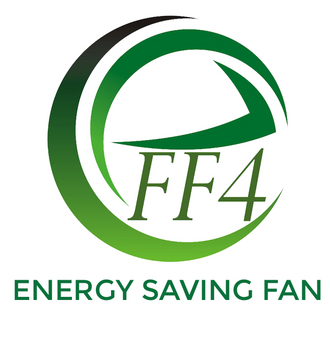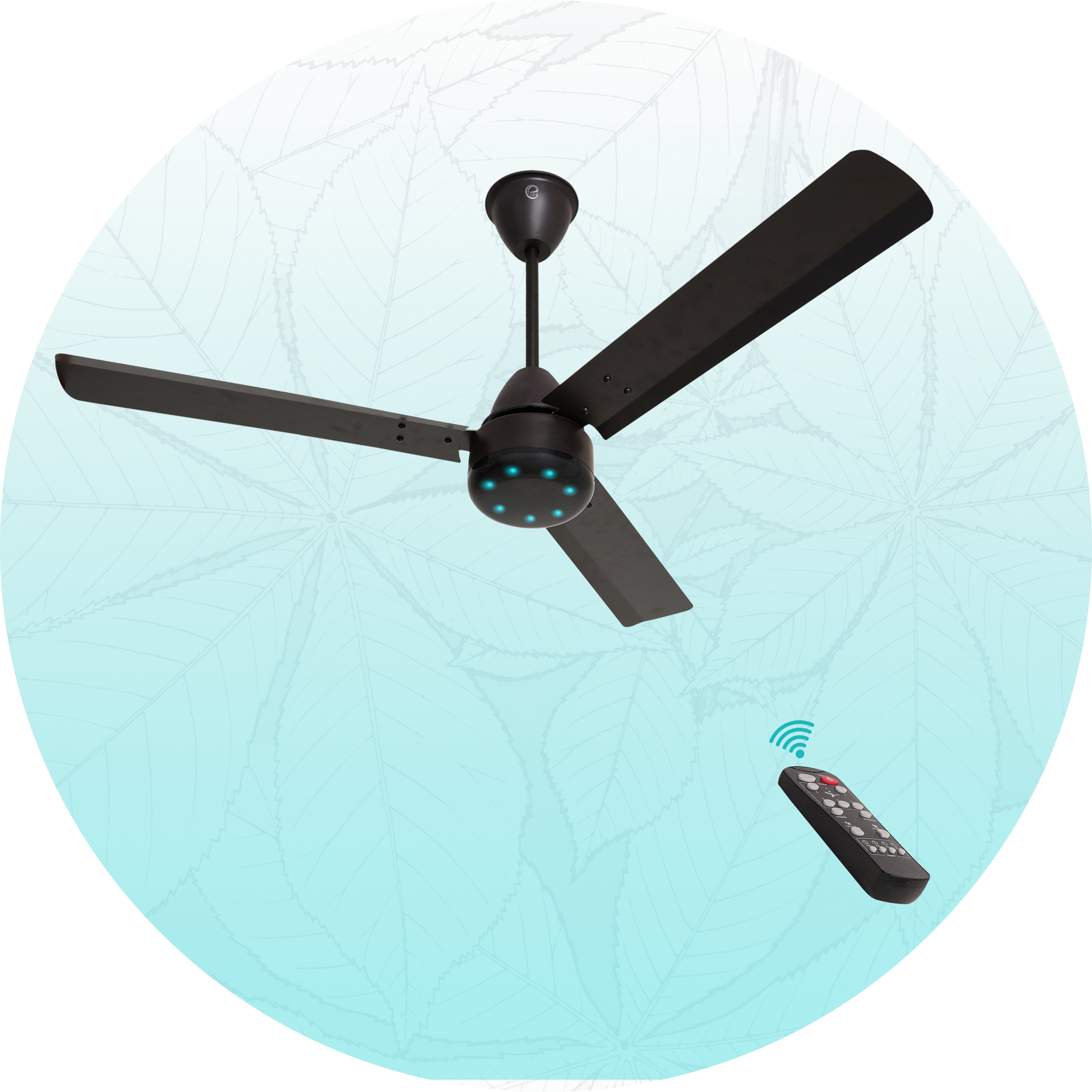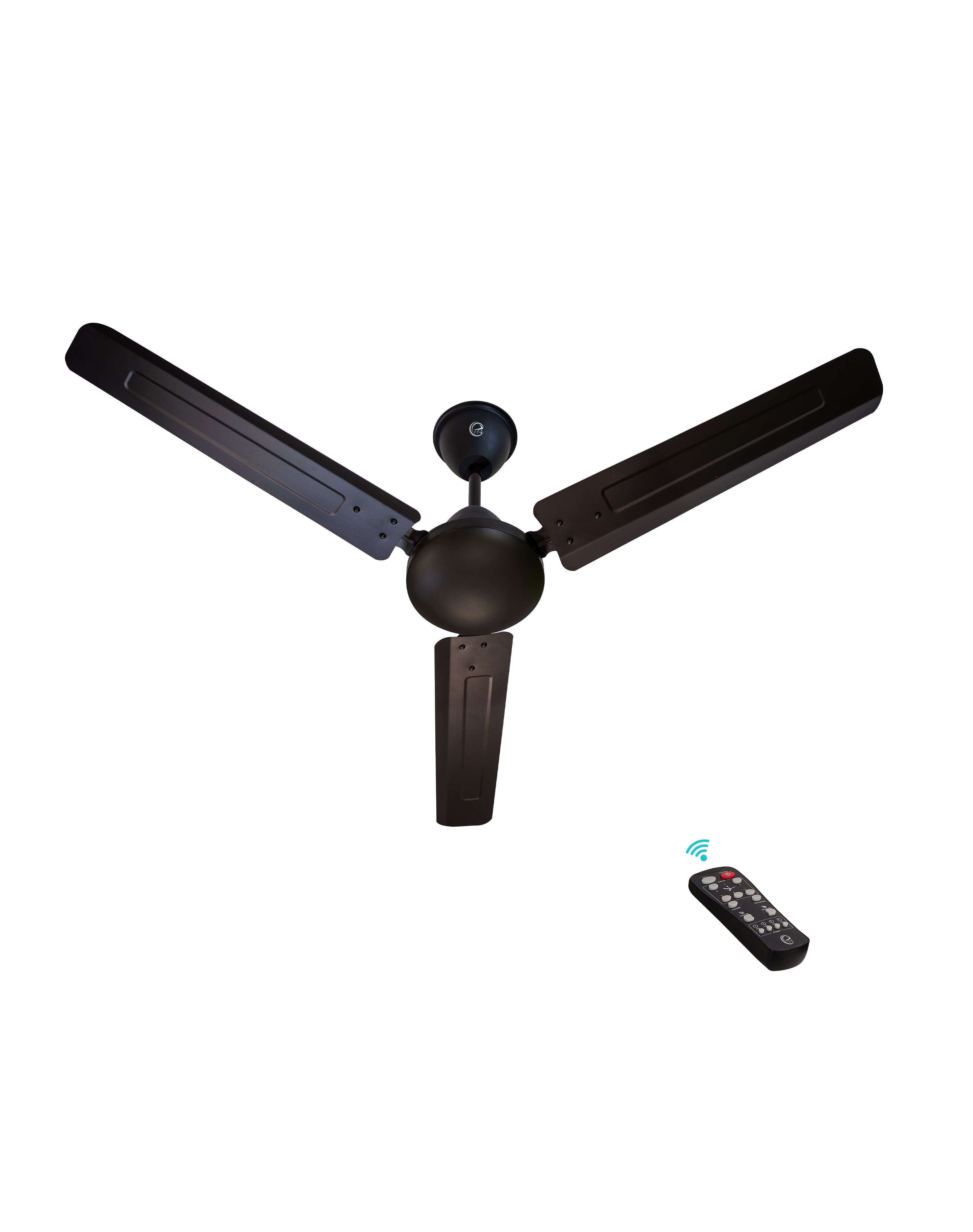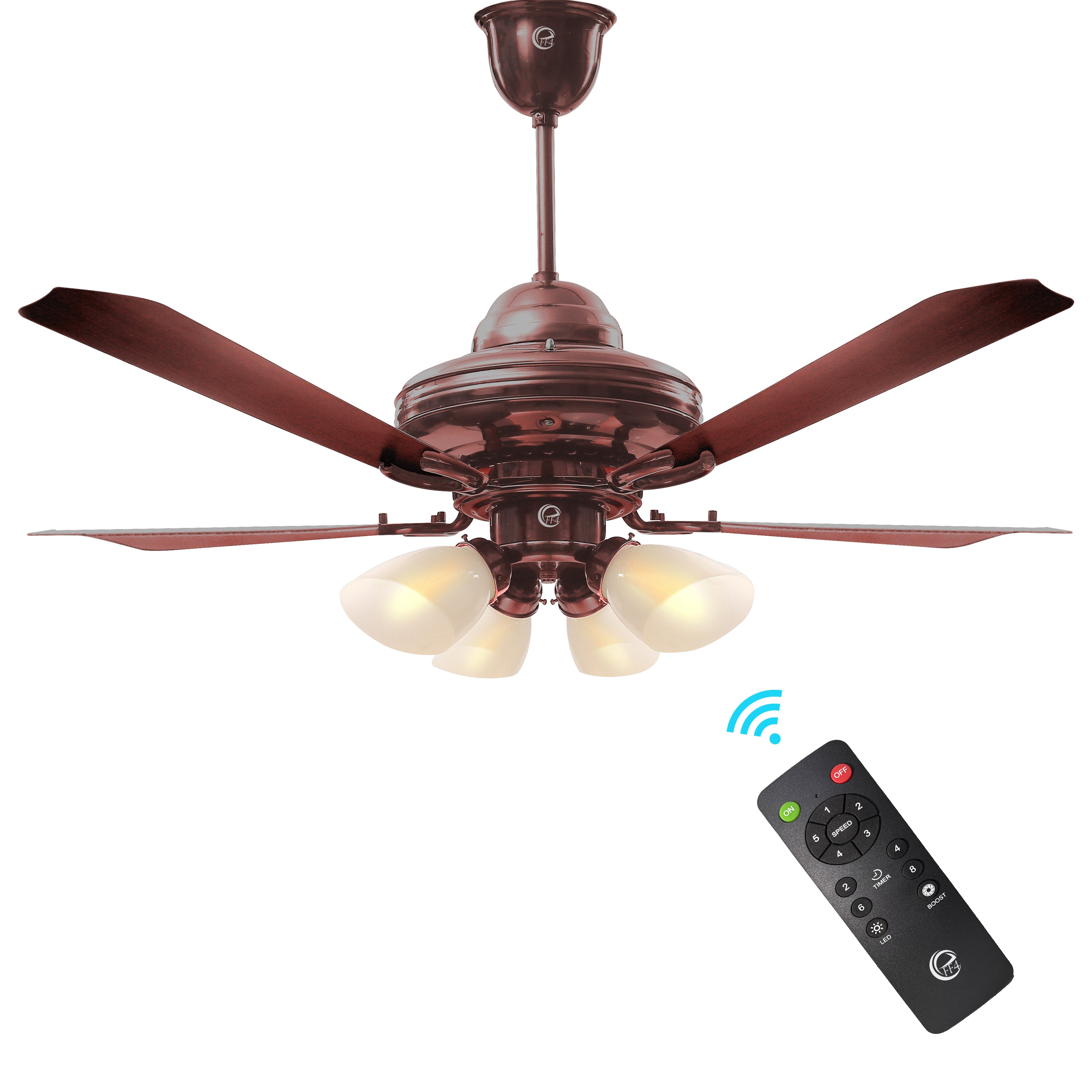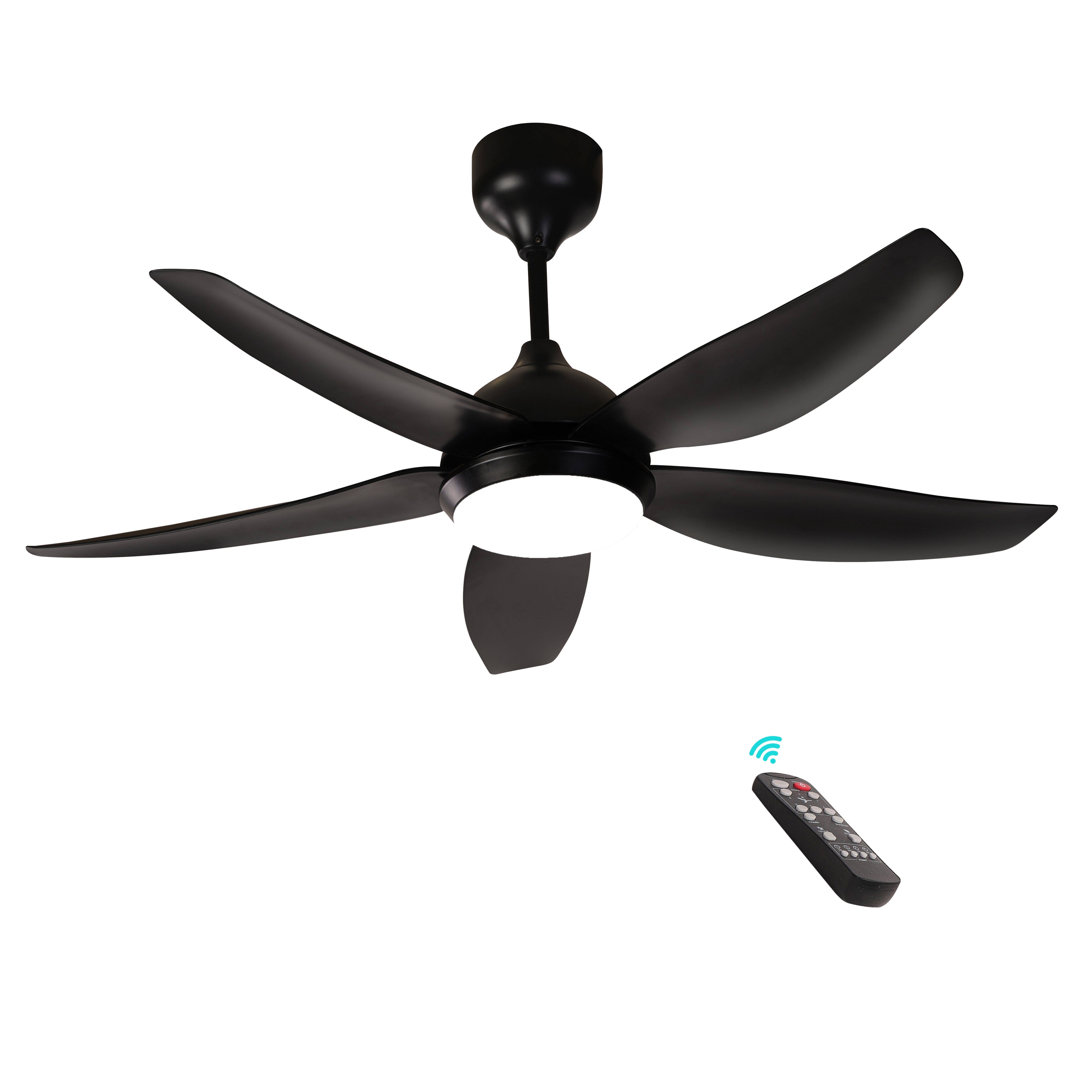Pros and Cons of ABS Plastic Fan Blades
When it comes to choosing the right ceiling fan, the type of blade material plays a big role in performance, durability, and aesthetics. One of the most popular options today is ABS fan blades. ABS (Acrylonitrile Butadiene Styrene) is a strong, lightweight thermoplastic polymer that has become a preferred material for modern ceiling fans. Whether you are considering an ABS ceiling fan, an ABS blade ceiling fan, or just wondering about the benefits of fan blade material ABS, understanding the pros and cons will help you make an informed choice.
Pros of ABS Fan Blades
1. Lightweight and Durable
ABS blades are lighter compared to metal or wooden blades, which reduces stress on the motor and ensures smoother operation. Despite being lightweight, the blades are tough and resistant to cracks and breakage, offering long-term durability.
2. Moisture and Rust Resistant
Unlike wooden blades that may warp or metal blades that may rust, ABS fan blades are completely resistant to moisture. This makes them ideal for coastal regions, humid climates, and areas like kitchens, bathrooms, or outdoor spaces where air moisture levels are high.
3. Silent Performance
Because ceiling fan ABS blades are light and well-balanced, they operate more quietly compared to heavier blade materials. If you want a noiseless fan for bedrooms or study areas, an ABS ceiling fan is an excellent option.
4. Sleek and Modern Designs
Manufacturers can mold ABS plastic into a variety of shapes and finishes, from aerodynamic designs to wood-like textures. This makes ABS blade ceiling fans not only functional but also stylish, fitting well into contemporary interiors.
5. Energy Efficiency
Since ABS blades are lightweight, they put less load on the motor, leading to better energy efficiency. Combined with modern technology, an ABS fan can save on electricity while delivering strong airflow.
Cons of ABS Fan Blades
1. Cost Factor
While ABS fan blades offer several advantages, they can be more expensive than traditional metal or wooden blades. Premium designs and finishes in ABS ceiling fans may come at a higher price point.
2. Less Traditional Appeal
For people who prefer a classic, natural wooden look, fan blade material ABS may not feel authentic, even though manufacturers create realistic wooden finishes. Some homeowners still see ABS as “plastic” and less premium compared to natural materials.
3. Environmental Concerns
ABS is a form of plastic, which means it is not biodegradable. Although durable, at the end of its life cycle, an ABS fan contributes to plastic waste. Eco-conscious buyers may prefer wooden or recycled blade options.
ABS fan blades strike a balance between durability, style, and performance. They are resistant to rust and moisture, lightweight, energy-efficient, and come in a wide variety of modern designs. However, they may cost more than traditional fans, lack the natural charm of wood, and raise environmental concerns. If you’re looking for a modern, low-maintenance option that delivers silent performance and lasts for years, an ABS blade ceiling fan is a smart investment.
